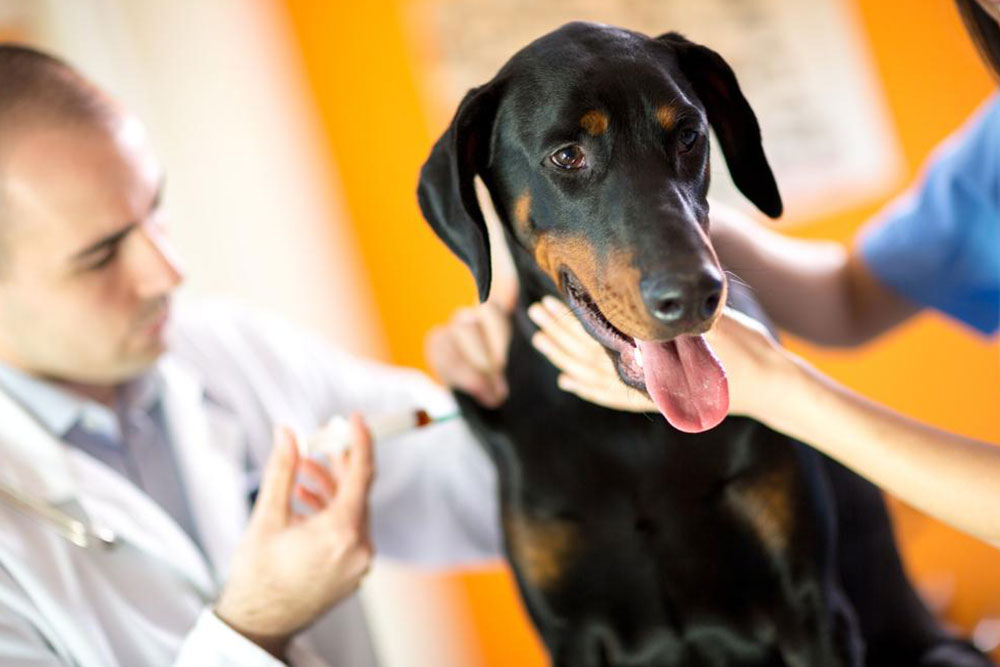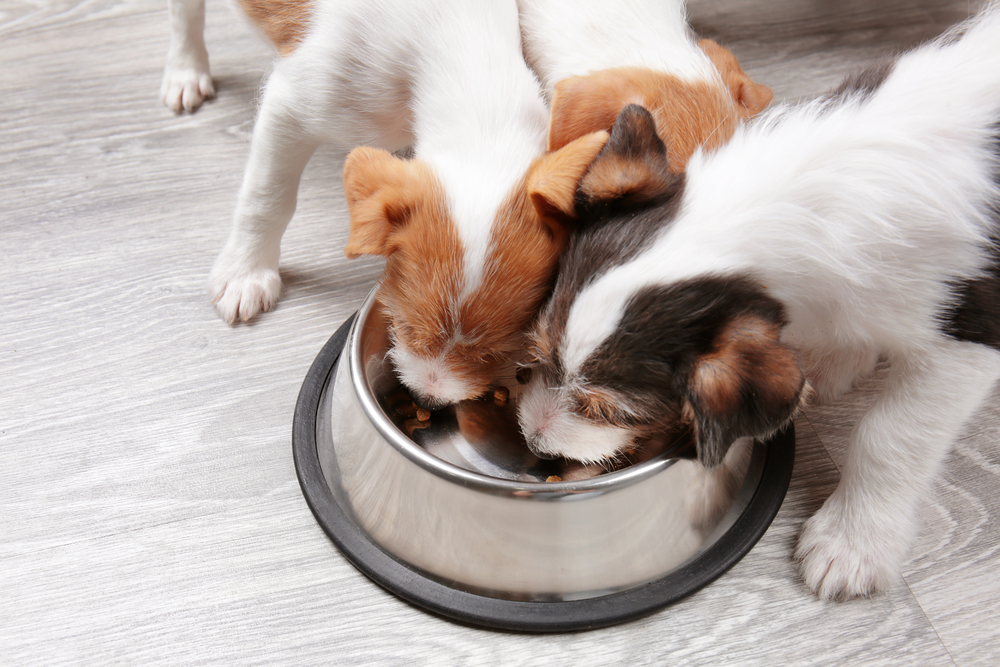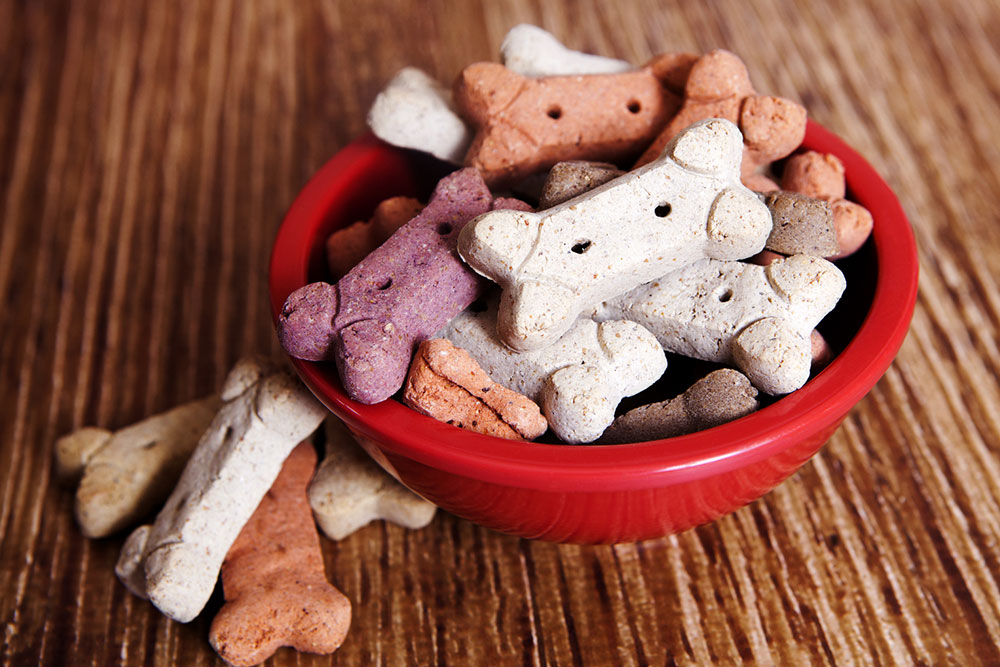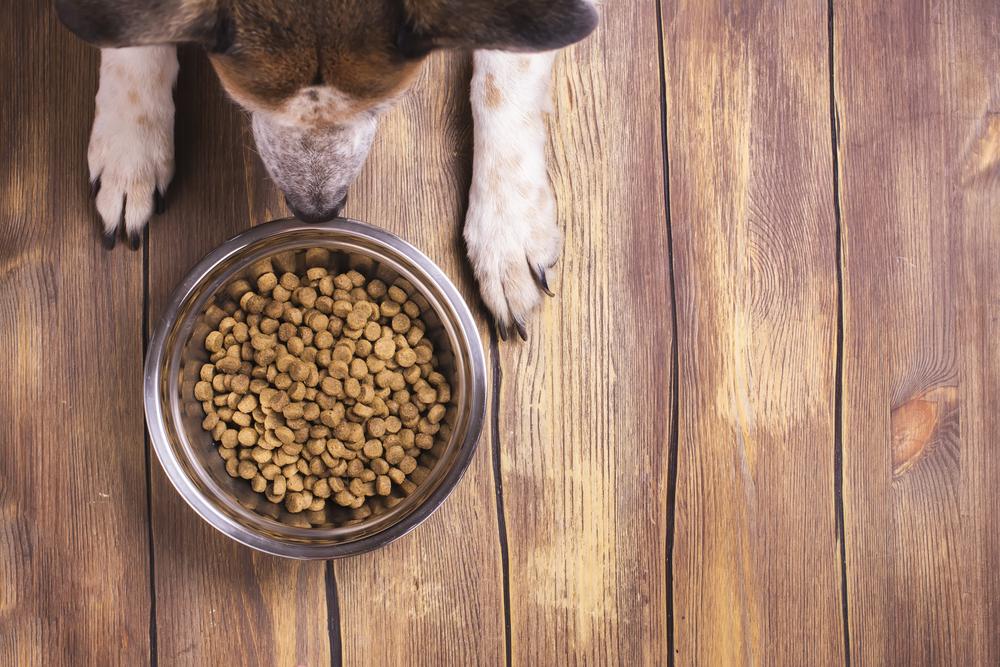Comprehensive Guide to Ensuring Optimal Nutrition for Your Dog's Health
Discover comprehensive strategies for promoting healthy eating habits in dogs. Learn about balanced diets, proper feeding routines, and tailored nutrition tips to ensure your pet’s long-term health and happiness. Consult experts to customize your dog’s diet at every life stage and maintain their overall well-being with disciplined feeding practices.
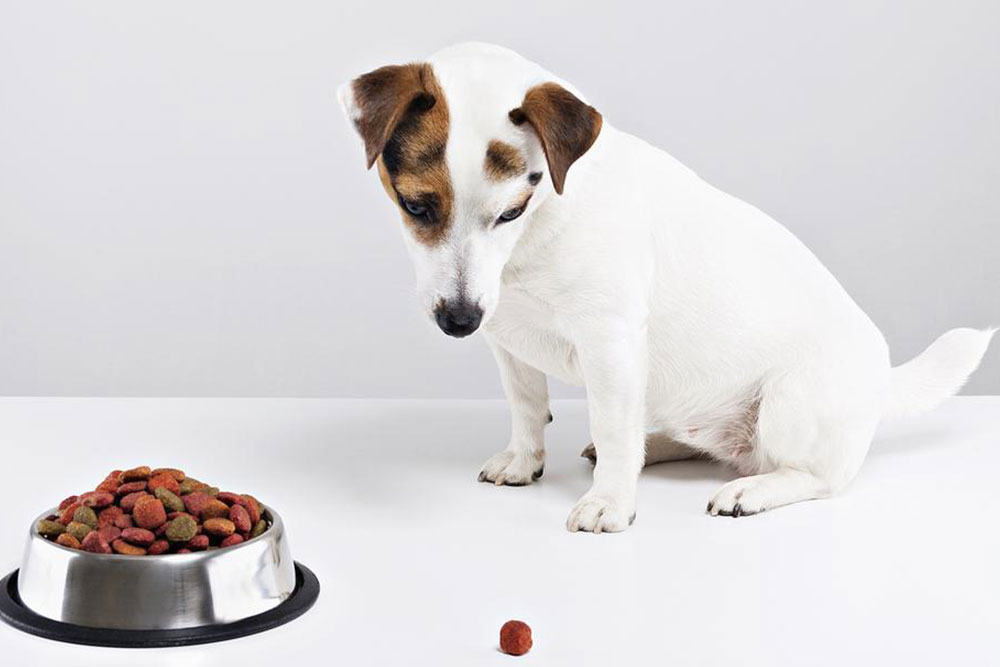
Essential Strategies for Promoting Healthy Eating Habits in Dogs
Ensuring that your dog receives proper nutrition is fundamental to their overall health and well-being. Pet owners must develop and adhere to consistent feeding routines to help their dogs recognize meal times, which also aids in maintaining a healthy weight and digestive health. It’s important to avoid giving in to the temptation of feeding your dog snacks or treats between regular meals, as this can lead to overeating and obesity. Monitoring your dog’s eating behavior is crucial; if your pet shows signs of illness, loss of appetite, or reluctance to eat, consulting a veterinarian promptly is recommended to rule out health issues.
Providing a balanced diet that includes all essential nutrients—proteins, healthy fats, complex carbohydrates, vitamins, and minerals—is vital for supporting your dog’s immune system, energy levels, and overall vitality. Specific dietary needs may vary based on your dog’s age, breed, activity level, and health conditions. For puppies, a diet rich in high-quality protein and nutrients that foster growth is key, while senior dogs benefit from easily digestible meals with appropriate caloric content to maintain health without excess weight gain.
In addition to the basic nutritional requirements, special care should be taken for dogs with health issues or special needs. Consulting with experienced veterinarians or animal nutritionists can help tailor diet plans that address any medical conditions and support recovery or health maintenance. Transitioning your dog’s diet gradually when introducing new foods helps prevent gastrointestinal distress. Remember, a disciplined and consistent feeding schedule not only promotes healthy digestion but also strengthens the bond between you and your pet, leading to a happier, healthier life for your furry friend.
Regularly review your dog’s weight and body condition, and adjust portion sizes accordingly. Incorporate fresh water into your pet’s daily routine to stay hydrated. Quality pet foods from reputable brands ensure that your dog receives all the necessary nutrients, but homemade diets can also be considered when prepared properly under professional guidance. Ultimately, responsible feeding practices foster longevity, improve quality of life, and prevent common health problems associated with poor nutrition. By prioritizing your dog’s dietary needs and health, you are investing in your pet’s happiness and well-being for many years to come.

